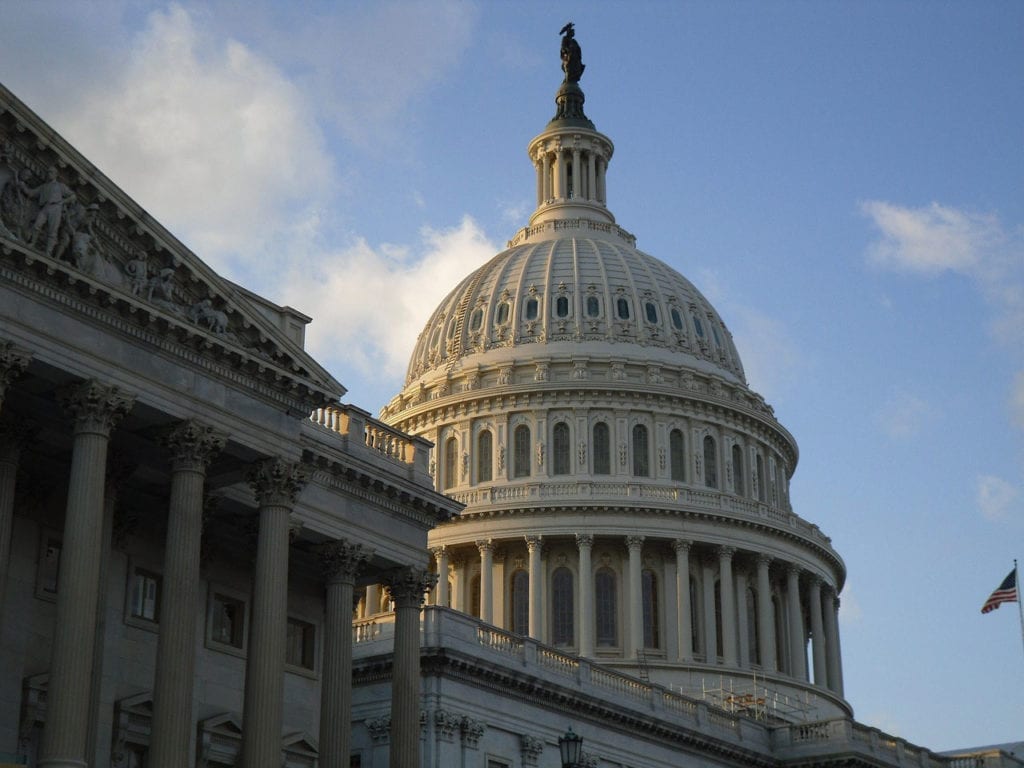On June 21, 2023, the Rare Disease Legislative Advocates (RDLA) hosted its monthly webinar. These webinars help provide updates to the rare disease community on legislation and other policy initiatives that are relevant to the treatment and management of rare diseases under the law. This month’s program focused on upcoming bills and legislation currently being pushed at the federal level that has relevance to the rare disease community.
Speakers for this month’s program included:
- Thayer Roberts, Partnership to Improve Patient Care
- Sloane Salzberg, Horizon Government Affairs
- Alisa Vidulich Casavant, Arthritis Foundation
- Rachel Klein, The AIDS Institute
- Jamie Sullivan, EveryLife Foundation for Rare Diseases
Jamie talked about the Retaining Access and Restoring Exclusivity (RARE) Act, which adds clarification to the seven-years market exclusivity incentive brought into law under the Orphan Drug Act. It specifies that the exclusivity pertains to the specific indication within a given disease versus the disease as a whole. This will allow other companies to continue to develop and market new treatments during the exclusiveness period as long as the indication is distinct. It has advanced out of committee in the Senate and still needs to be introduced in the House.
Thayer introduced the Protecting Health Care for All Patients Act, which would extend the ban on the use of quality-adjusted life years as a measure in federal health programs. This measure is an inherently biased and discriminatory basis for the valuation of treatment/reimbursement.
Sloane discussed the MVP Act, which would implement a model of value-based payment arrangements, a potentially useful model for exceptionally expensive medical treatments, such as gene therapy. The model is intended to result in low out-of-pocket costs and the payer is refunded if the patient doesn’t see any benefit. It awaits a floor vote in the House and still needs to be introduced in the Senate.
Rachel talked about the Help Ensure Lower Patient (HELP) Copays Act 2023. This legislation would help close loopholes used by health insurance companies to prevent patients from reaching their out-of-pocket copay limit, at which the insurance company would then be expected to provide full coverage. There are some plans, for instance, that consider specialty treatments as non-essential benefits that don’t count towards the copay, increasing out-of-pocket costs for patients.
Learn more about these bills by watching the full program here.





